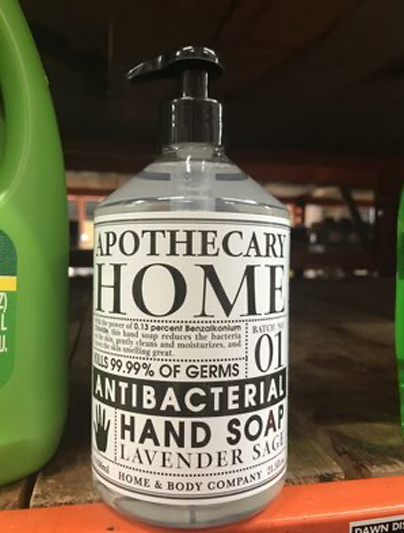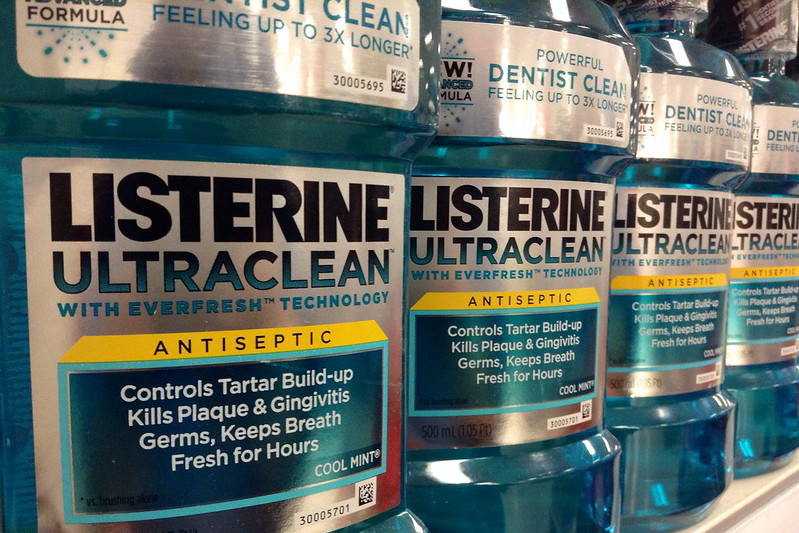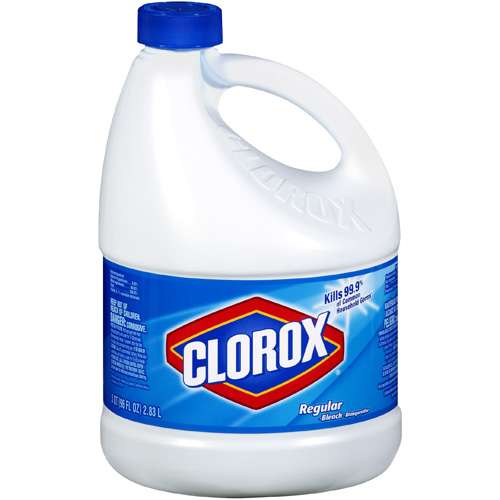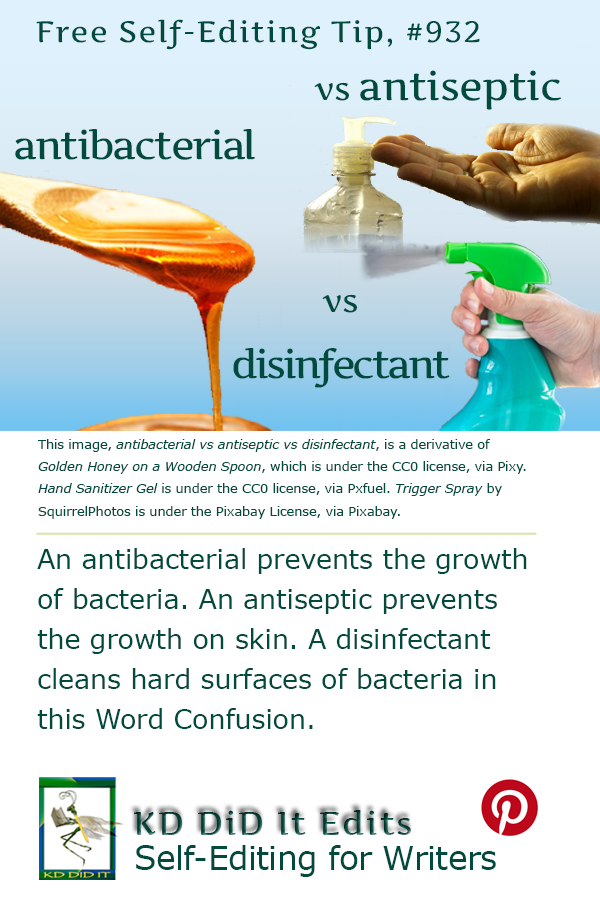Revised as of
31 Aug 2022
With all the advice about how to clean and keep ourselves healthy, I became curious about the difference between antibacterial, antiseptic, and disinfectant.
First all three contain chemicals aimed at killing or stopping the growth of bacteria, viruses, and/or fungi.
An antibacterial battles bacterial and fungal infections and “are useful where the level of sanitation is critical and additional precautions need to be taken to prevent spread of disease”, not necessarily for regular day-to-day use (Science). They won’t work against viruses.
An antiseptic, a.k.a. skin disinfectant, is an antimicrobial and a chemical that is applied to your skin to kill or prevent the growth of viruses, bacteria, and fungi.
A disinfectant is an antimicrobial used on inanimate objects and surfaces, killing or preventing the growth of viruses, bacteria, and fungi. Do NOT use in or on your body!
Word Confusions . . .
. . . started as my way of dealing with a professional frustration with properly spelled words that were out of context in manuscripts I was editing as well as books I was reviewing. It evolved into a sharing of information with y’all. I’m hoping you’ll share with us words that have been a bête noire for you from either end.
If you found this post on “Antibacterial vs Antiseptic vs Disinfectant” interesting, consider tweeting it to your friends. Subscribe to KD Did It, if you’d like to track this post for future updates.
| Antibacterial | Antiseptic | Disinfectant |
|---|---|---|

Antibacterial Hand Soap – Apothecary Home is under the CC BY-SA 3.0 license, courtesy of Open Food Facts. |

Listerine Ultraclean by Mike Mozart is under the CC BY 2.0 license, via Flickr. — Mouthwash is an antiseptic. |

Chlorox Bleach by Stikeseff is under the CC BY-SA 4.0, via Wikimedia Commons. — Bleach is frequently used as a disinfectant. |
| Part of Grammar: | ||
| Adjective; Noun
Plural for the noun: antibacterials |
Adjective; Noun
Plural for the noun: antiseptics |
Adjective; Noun
Plural for the noun: disinfectants |
| Adjective: Tending to prevent the growth or spread of bacteria Noun:
|
Adjective: Relating to or denoting substances that prevent the growth of disease-causing microorganisms Scrupulously clean or pure, especially so as to be bland or characterless Free of contamination or pollution Noun: |
Adjective: Causing the destruction of bacteria on hard surfaces Noun: |
| Examples: | ||
| Adjective: I never travel without antibacterial wipes. Studies have shown that the compound has antibacterial effects. Using antibacterial soaps and sprays tend to wind up in our waterways where fish and wildlife can be negatively impacted. Noun: Antibacterials don’t work against viruses. Saliva is a great antibacterial, healing mouth wounds and those cut fingers. The experiment identified the bark of the plant as a potential source of new antibacterials. |
Adjective: Garlic has powerful antiseptic properties. His breath smelled of antiseptic mouthwash. It had all the antiseptic modernity of a conference center. Noun: Come into the house and have some antiseptic put on that wound. Hydrogen peroxide is used as an antiseptic. Surgeons scrub themselves with antiseptics before operating. |
Adjective: We need a combination of cleansing and disinfectant products. Disinfectant wipes are so difficult to find these days! “HBV-DNA was not detected from any endoscope experimentally contaminated with HBV-positive mixed sera after a disinfectant exposure time of 7 minutes” (CDC) Noun: A cat won’t use its litter box if it’s cleaned with smelly disinfectants. Bleach and Lysol are considered disinfectants. To disinfect a surface, you usually need to leave it thoroughly wet with a disinfectant for several minutes. |
| Derivatives: | ||
| Adverb: antiseptically | Noun: disinfection Verb: disinfect |
|
| History of the Word: | ||
| First recorded in 1895–1900; anti- + bacterial. | First recorded in 1745–55; anti- + septic. | 1830–40; French désinfectant, noun use of present participle of the Middle French désinfecter. |
C’mon, get it out of your system, bitch, whine, moan . . . which words are your pet peeves? Also, please note that I try to be as accurate as I can, but mistakes happen or I miss something. Email me if you find errors, so I can fix them . . . and we’ll all benefit!
Satisfy your curiosity about other Word Confusions on its homepage or more generally explore the index of self-editing posts. You may also want to explore Book Layout & Formatting Ideas, Formatting Tips, Grammar Explanations, Linguistics, Publishing Tips, the Properly Punctuated, Writing Ideas and Resources, and Working Your Website.
Resources for Antibacterial vs Antiseptic vs Disinfectant
Apple Dictionary.com
“Chemical Disinfectants.” Division of Healthcare Quality Promotion. National Center for Emerging and Zoonotic Infectious Diseases. Centers for Disease Control and Prevention. 18 Sept 2016. Web. 4 Nov 2020. <https://www.cdc.gov/infectioncontrol/guidelines/disinfection/disinfection-methods/chemical.html>.
Dictionary.com: antibacterial
Kelly, John. “Disinfectant vs. Antiseptic: Life-saving Differences To Learn About.” Dictionary.com. n.d. Web. 4 Nov 2020. <https://www.dictionary.com/e/disinfectant-vs-antiseptic/>.
Peart, Diann, Ph.D. “Antiseptic vs Disinfectant vs Antibacterial.” USA Weightlifting. Team USA. 17 Mar 2020. Web. 4 Nov 2020. <https://www.teamusa.org/USA-Weightlifting/Resources/COVID19-Updates/Resources/2020/March/17/Antiseptic-vs-Disinfectant-vs-Antibacterial>.
“Science of Resistance: Antibacterial Agents.” Alliance for the Prudent Use of Antibiotics. n.d. Web. 4 Nov 2020. <https://apua.org/antibacterial-agents>.
Pinterest Photo Credits:
Golden Honey on a Wooden Spoon is under the CC0 license, via Pixy. Hand Sanitizer Gel is under the CC0 license, via Pxfuel. Trigger Spray by SquirrelPhotos is under the Pixabay License, via Pixabay.


